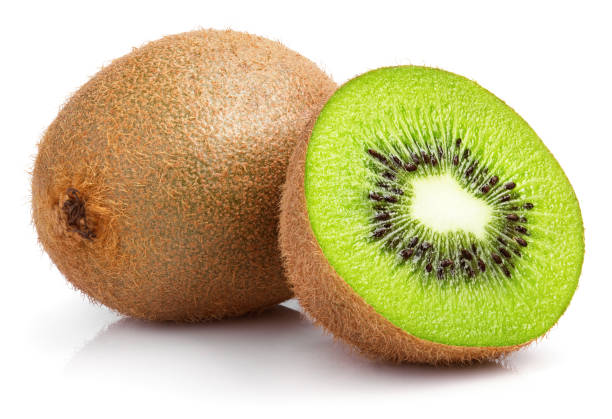Read in
Rabat – Moroccan Minister of Agriculture, Fisheries, Rural Development, Water, and Forestry, Mohamed Sadiki, has attempted to debunk what he described as a misconception that Moroccan agricultural exports are significant water consumers.
“Those who talk about us exporting agricultural products that consume a lot of water are ignorant of this issue,” Sadiki said, emphasizing the need for informed discourse on water usage in agriculture.
He made the statement today during a keynote address at a seminar organized by the Food and Agriculture Organization (FAO) during the International Agricultural Forum in Meknes, SNRT News reported.
Sadiki argued that the water consumption of Moroccan agricultural products varies significantly depending on the type of crop.
He further criticized what he termed as ignorance surrounding this issue and called for a more nuanced understanding of the relationship between water usage and agricultural exports.
“There are those who come up with meaningless slogans” when discussing water issues, describing them as “ignorant in this field,” he argued. “When a citizen consumes bread, they must realize that grains consume more water than watermelon.”
Read also: Tackling Water Crisis in Morocco: Call for Balance
Referencing what he said were recent studies by the World Bank, Sadiki argued that Morocco imports nine times more water through agricultural products compared to what it exports.
He stressed the importance of clarifying misconceptions and promoting informed discussions among experts to educate the public on this matter.
Morocco is currently experiencing its worst drought in over three decades, leading to severe water shortages.
Earlier this year, the country decided to implement various water-saving measures, including closing car washing services and public hammams (baths) on Mondays, Tuesdays, and Wednesdays.
Measures also included prohibiting the use of potable water for car washing and cleaning of roads and public spaces with water.
The ongoing water scarcity crisis has sparked concerns among citizens, many of whom have taken to questioning the sustainability of Morocco’s export-oriented agricultural practices in the face of dwindling water resources.
This includes the overproduction and export of crops like avocados, cucumbers, and watermelons, which require significant amounts of water for cultivation.
While the Minister emphasized the need for informed discourse on water usage in agriculture, Moroccans remain skeptical with the reality of water shortages.



